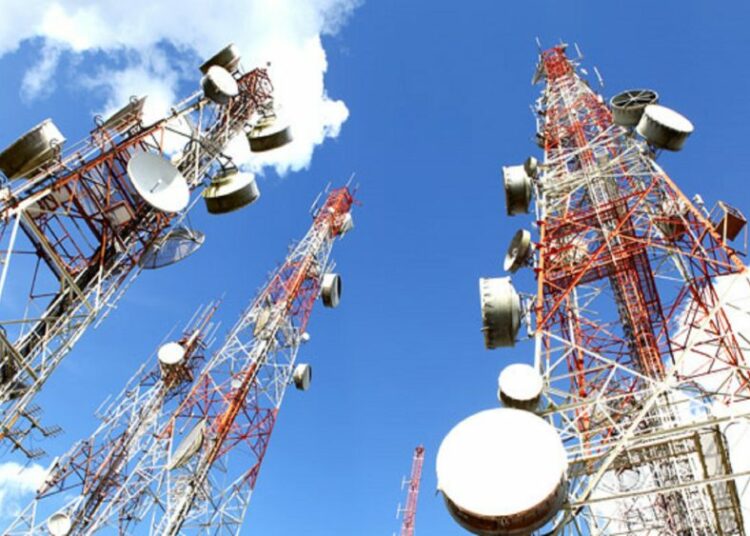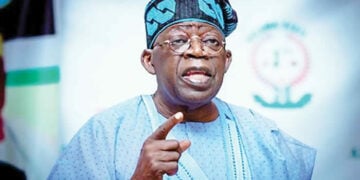Thirteen Nigerian banks have cleared N171 billion out of the N180 billion they collectively owned telecommunications companies for Unstructured Supplementary Service Data (USSD) services, representing 95 per cent of the total debt.
With the resolution of the long-standing dispute, telecom operators have now fully commenced the implementation of End-User Billing (EUB), which shifts USSD service charges directly to users’ airtime balances instead of bank accounts.
According to the telcos, 13 out of 16 banks with outstanding debts have now fully paid, while three others are completing their final installment payments; only one of the original 18 banks was not involved in the pre-Application Programming Interface (API) debt, and another, was declared insolvent.
“We have recovered about 95 per cent of the outstanding debt,” chairman, Association of Licensed Telecom Operators of Nigeria (ALTON), Engr. Gbenga Adebayo confirmed, during a webinar stakeholders’ meeting, titled: “Ask the Exec: USSD end-user billing”, noting that this significant repayment has paved the way for the full rollout of end-user billing.
Adebayo said that under the new regime, customers will no longer be billed through their bank accounts for USSD transactions, adding that the N6.98 per 120 seconds charge will now be deducted directly from users’ airtime balances, ushering in a more transparent and standardised billing system.
The transition comes on the heels of long-standing tension between banks and telcos over unpaid USSD service debts.
As of January, banks were owing telecom operators N180 billion, primarily accrued before the introduction of a standardised API that gave banks better control over their USSD platforms.
Under the new EUB model, telcos no longer rely on the banks for customer billing. Instead, when a customer initiates a USSD transaction, a consent message will appear informing them of the airtime deduction. Upon approval, the telco verifies the bank’s availability through a USSD aggregator before establishing the connection and applying the charge.
This process ensures users are only billed for successful and verifiable service access.
“We are just the transport medium.Think of it as taking a taxi to the bank. The driver doesn’t know what happens inside the bank, their job is to get you there safely,” Adebayo explained.
To enhance user experience and transparency, error messages have now been unified across all telecom operators, providing consistent updates on whether a failed transaction was caused by the bank, telco, or other intermediaries.
While all root USSD codes will now attract charges, Adebayo clarified that direct strings for airtime and data purchases have been zero-rated. This means customers who use these long-form codes will not incur any deductions from their airtime for such transactions, he affirmed.
“We will be communicating with customers to encourage the use of direct strings for airtime and data purchases, which remain completely free of charge,” Adebayo noted.
While migration to end-user billing is ongoing, Adebayo confirmed that banks still have the option to remain on corporate billing, provided they meet their financial obligations and maintain consistent payments. “We are not shutting anyone out. But any institution that chooses to stay with corporate billing must clear their debts and commit to timely settlements,” Adebayo clarified.
As to whether this EUB will further add financial burden on Nigerians, the chief enterprise business officer, MTN Nigeria, Lynda Saint-Nwafor said, “The customers were already paying for this. The only difference now is that rather than deduct it from your bank account, it will be deducted from your airtime,” Saint-Nwafor therefore emphasised that the shift does not increase costs for consumers.





